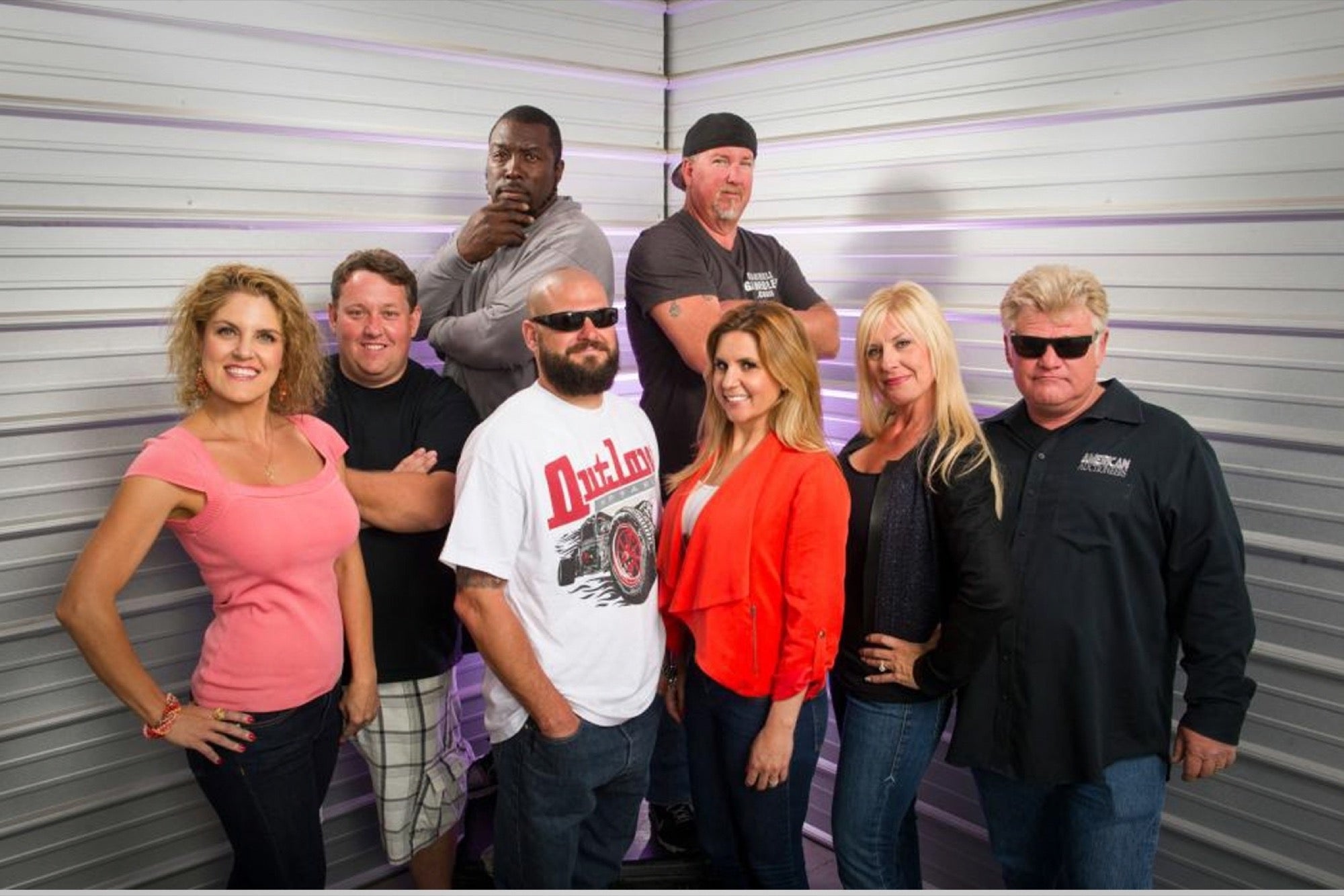How 'Storage Wars' Teaches All You Need to Know About Buying and Pricing Buy low, sell high is a simple idea, except when everybody competing with you is trying to do the same thing.
By Cris Burnam •

Opinions expressed by Entrepreneur contributors are their own.

As the president and COO of a storage facility company, I'm very familiar with the hit A&E show "Storage Wars." In fact, I've even been featured on both "Storage Wars" and "Storage Wars Canada," and along the way, I've picked up a few tricks of the trade.
Entrepreneurs can learn a lot from the fast-paced show about pricing strategies, specifically risk-taking, negotiation and resourcefulness. All three of these elements need to work in tandem to produce startup success.
1. Take smart risks.
Most participants are professional buyers, meaning they specialize in bidding and negotiating prices that work best for them. But in "Storage Wars," they aren't allowed to sift through the contents of the unit before they place bids. Rather, they must learn to see past the smoke and determine the value of a locker based on surface characteristics and applicable competition.
In this regard, they must embrace the depths. Getting the best price may mean you have to take a risk -- or even lose -- in order to get as close as possible to what you want. In business, it may be difficult to have faith in certain things when you're starting out, but gaining valuable experience will enable you to eventually spot a good buy that will add value to your organization.
Related: 5 Ways Entrepreneurs Learn to Manage Risk
2. Learn the art of negotiation.
"Storage Wars" makes it clear that entrepreneurs must get the absolute best price possible from vendors. One tactic that some teams employ is to act uninterested in a particular locker. Some even hide behind other bidders just so they can obtain the lowest price. While acting indifferent all the time might not be the smartest route, you should always develop a definite budget before you start negotiating with vendors. Remember: The lower the price, the higher the profits.
I've perfected this art when negotiating the rate for my building lease based on my previous work and what I could bring to the area. When you know that you can do a lot with a little -- as most startups have to do -- you can stand firm in your negotiation process.
Related: 8 Pointers for Setting a Price in Negotiations
3. Use your resources.
Remember when Hester was sure that a bunch of stock certificates would earn him millions? Then, an expert told him that they were useless.
"Storage Wars" illustrates the importance of consulting experts on pricing and sales trends. You need to use all of your available resources when setting your pricing structure, including industry experts, competitor prices and nationwide sales trends.
Doing research and watching the trends has a big impact on your outcome. Before you set your price, determine the product's value in the current market, then gauge what your customers are willing to pay. Just because a product is worth only $5 to one person doesn't mean another person won't pay $500 for it. You have to identify your most profitable customers and market your products and services to them.
The pricing strategies used on "Storage Wars" are what startups need when working with other industry players. No matter what line of business your company is operating in, "Storage Wars" shows you just how complex buying can be. It's all about negotiating the best possible price for the expenses that you put into making your products.
Always take time to prepare before approaching a negotiation. Start with assessing your goals and avoiding assumptions and biases. But above all, never discount your worth.
If you take these three strategies into account, you'll be on your way to startup success.
Related: 5 Quotes About Leverage to Help You Push Your Business Forward












